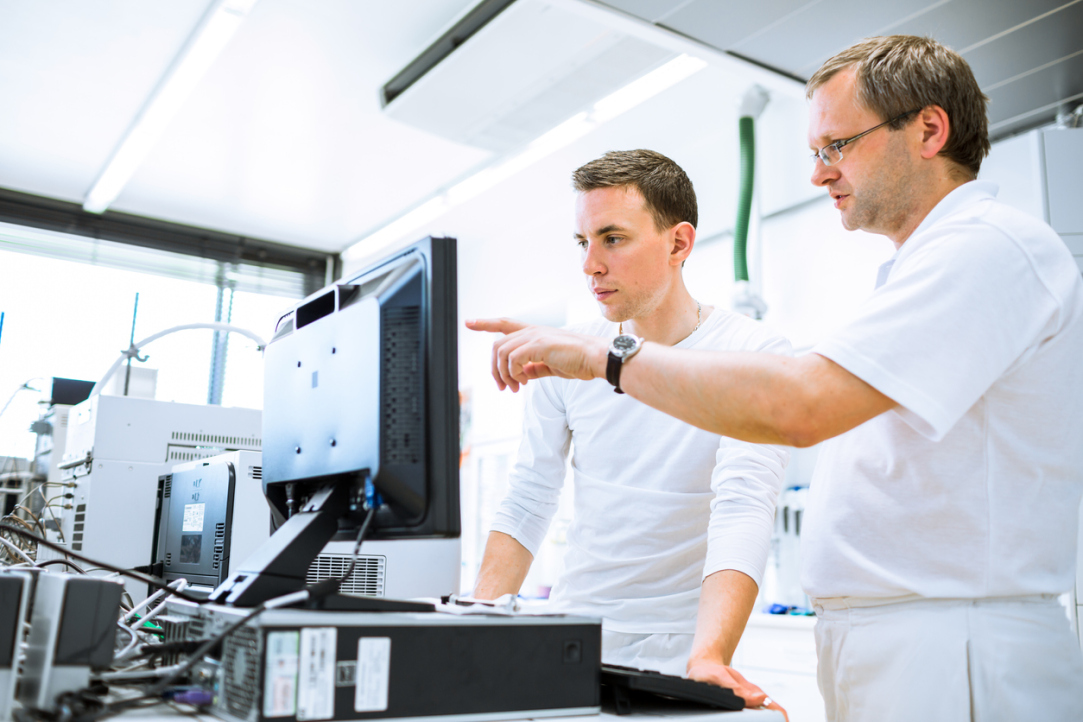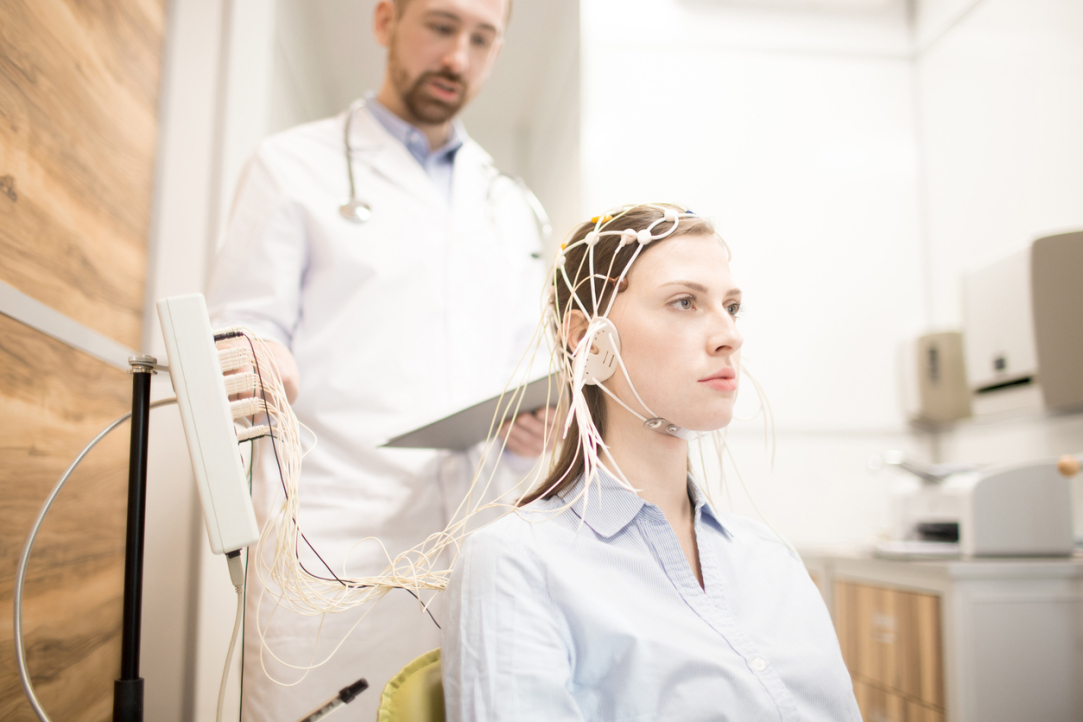
'We Can Modify Electron Spins as Required by Applying an External Magnetic Field'
Researchers from HSE, MIPT, and the Russian Academy of Sciences Institute of Solid State Physics, jointly with colleagues from the UK, Switzerland, and China, have conducted a study on the characteristics of thin films composed of platinum and niobium. Both the experiments and the theoretical calculations have confirmed that when in contact with a superconductor, platinum exhibits a spin, creating a potential for its effective use for data transmission. Platinum atoms have no magnetic moment, paving the way for the development of even smaller chips utilising this novel structure compared to conventional spintronics. The paper has been published in Nature Communications.

HSE Neuroscientists Use Neural Network to Enhance Neurofeedback Technology
Researchers from HSE University and the Artificial Intelligence Research Institute (AIRI) have successfully lowered the latency between a change in brain activity and the presentation of the corresponding neurofeedback signal by a factor of 50. The results were obtained by employing a neural network trained in low-latency filtering of brain activity signals from diverse individuals. This approach opens up new prospects for the treatment of attention deficit disorder and epilepsy. A paper with the study findings has been published in Journal of Neural Engineering.

Students of HSE University in Nizhny Novgorod and Privolzhsky Research Medical University to Develop Self-Care App
Students from HSE University in Nizhny Novgorod and Privolzhsky Research Medical University have received one million roubles in financial support for the development and testing of StressTouch, an innovative mobile application. The grant was allocated by the Innovation Promotion Foundation (Bortnik Foundation).

